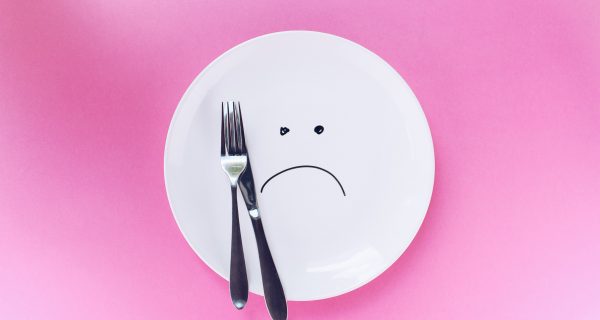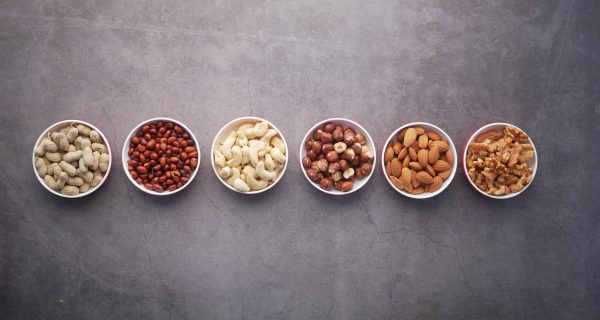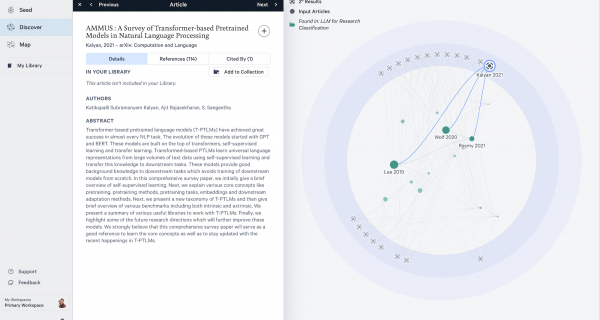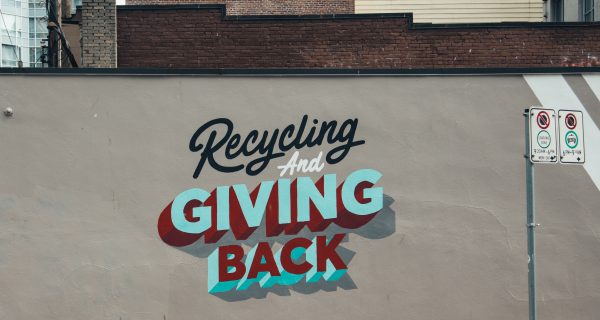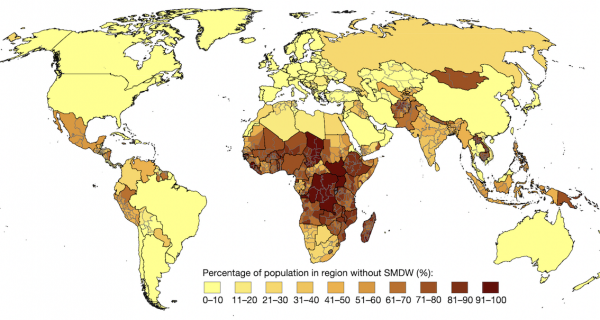How has the COVID-19 pandemic impacted household food waste behaviour? Did we learn to waste more or less?
The pandemic has led to some positive behavioural changes such as checking the fridge before shopping, preparing a shopping list, and using leftovers, that reduces overall food waste

About one-third of food produced is wasted and never even reaches a person’s mouth. In other words, almost 1.3 billion tons of food are wasted every year, costing the global economy around $2.6 trillion dollars and accounting for 8% of global greenhouse gas emissions. To put it in perspective, the average person consumes around 675kg every year. With the amount of food we waste, we would be able to feed 2 billion people every year.
A big part of this waste comes from household food waste. Poor food-management behaviours and habits, purchasing, cooking, eating, storing, and managing leftovers are all reasons we all waste at one point, nonetheless, some do more than others.
The interesting question at hand is the following: To what extent has the pandemic changed our food-wasting behaviour? Did the pandemic induce us to waste more or less food than before?
The impact of COVID-19 on the amount of food wasted depends on various socio-demographic, such as household size, socio-economic, such as income loss, governmental restrictions, behaviour, such as developing cooking skills, better meal planning, more efficient stocking, psychological, such as depression, fear, stress, situational, such as individuals’ available time, and cultural, such as eating at a restaurant, factors. For that reason, it’s clear to say that the impact of COVID-19 on food waste behaviour differs from country to country.
In a systematic review of 38 different articles, the authors published their findings in Appetite, with the aim to offer a comprehensive overview of the link between COVID-19, changes in food-related behaviors, and ultimately food waste generation.
From the previous studies analyzed, overall, the pandemic has led to a reduction in food waste. The figure below, extracted from the paper, illustrates a summary of the changes during the pandemic, as well as the expected changes post-pandemic. According to the study during the COVID-19 lockdowns, panic buying, cooking at home, using leftovers, online shopping, stockpiling, and food delivery services were higher than before the pandemic. Furthermore, people ate at restaurants less frequently and therefore cooked more at home.
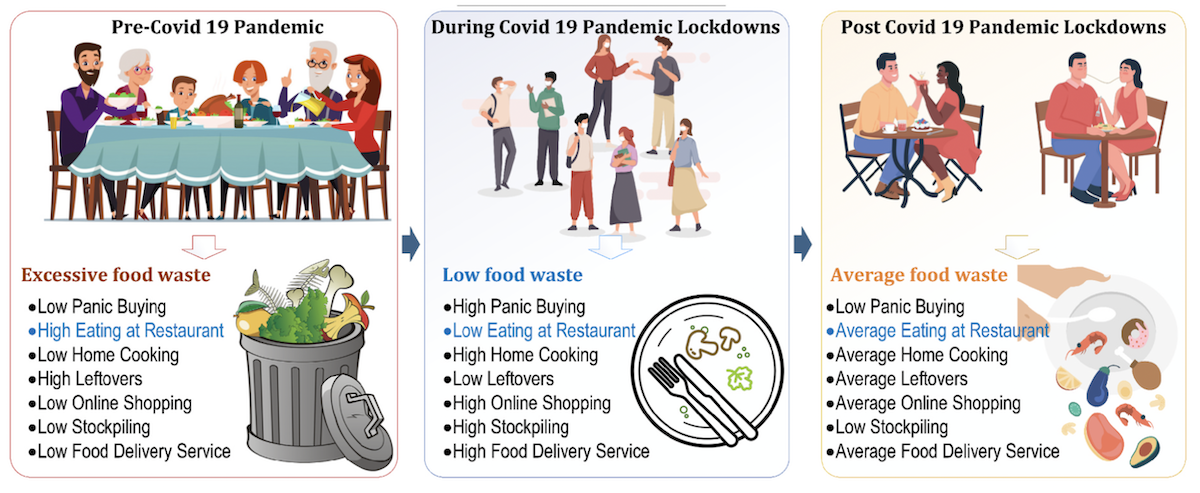
According to the paper’s findings, as work-from-home continues, people will stay more at home and cook instead of going out to restaurants. This will also lead to an overall improvement in cooking skills. Finally, the paper also concludes that the pandemic has led to some positive behavioral changes such as checking the fridge before shopping, preparing a shopping list, and using leftovers.
Would you agree? Do you think you are more thoughtful about your food waste post-pandemic?




